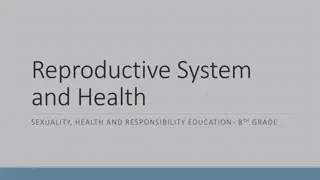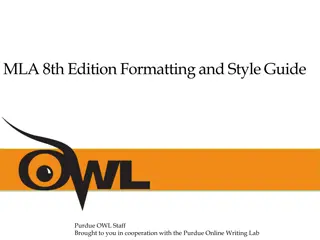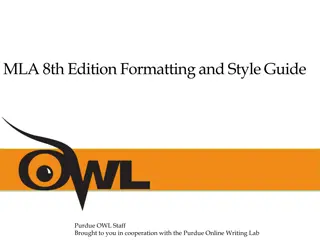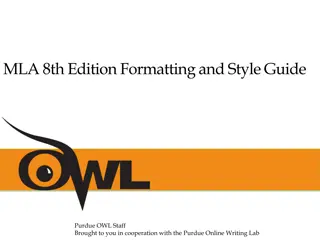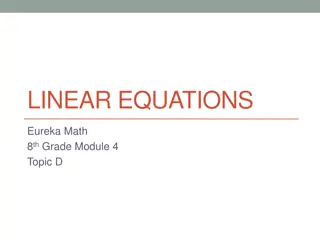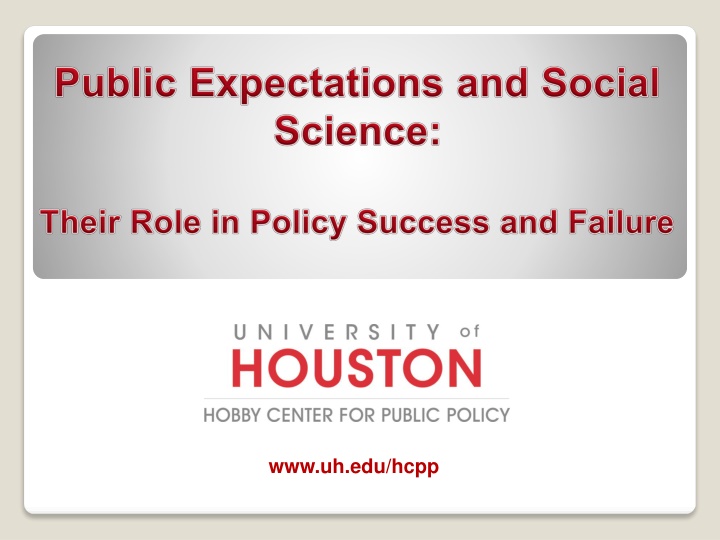
Key Insights into Major Social Science Theories
Explore key insights into major social science theories such as Keynesian Consumption Theory, Fisher's Theory of Intertemporal Choice, Modigliani's Life-cycle Hypothesis, and Friedman's Permanent-Income Hypothesis. Understand how these theories shape economic behavior and decision-making processes. Dive into the incorporation of public expectations into models for a deeper understanding of current behaviors. Discover how these theories continue to influence social science research and policy-making today.
Download Presentation

Please find below an Image/Link to download the presentation.
The content on the website is provided AS IS for your information and personal use only. It may not be sold, licensed, or shared on other websites without obtaining consent from the author. If you encounter any issues during the download, it is possible that the publisher has removed the file from their server.
You are allowed to download the files provided on this website for personal or commercial use, subject to the condition that they are used lawfully. All files are the property of their respective owners.
The content on the website is provided AS IS for your information and personal use only. It may not be sold, licensed, or shared on other websites without obtaining consent from the author.
E N D
Presentation Transcript
A Failure to Engage Public Reaction. A Failure to Use Basic Social Science Research Findings.
More generallya major social science breakthrough in the past few decades has been the effort to incorporate public expectations into models. Expectations about the future influence current behavior.
The Major Social Science Works Keynes Fisher Modigliani Friedman
Keynesian Consumption Theory MPC is between 0 and 1. APC falls as income rises. Current income is the main determinant of current consumption. Tests (contradictory findings) Household Data (Cross-section): support. Time Series Data: APC does not fall as income rises.
Fishers Theory of Intertemporal Choice Consumers choose current and future consumption to satisfaction subject to an intertemporal budget constraint. maximize lifetime Current consumption depends on lifetime income, not current income, provided consumers can borrow and save.
Modiglianis Life-cycle Hypothesis Income varies systematically over a lifetime. Consumers use saving and borrowing to smooth consumption. Consumption depends on income and wealth.
Friedmans Permanent-Income Hypothesis Consumption depends mainly on permanent income. Consumers use saving and borrowing to smooth consumption in the face of transitory fluctuations in income.
Summary Keynes: consumption depends primarily on current income. The APC falls as income rises. Tests rejected his predictions. Subsequent work: consumption also depends on: expected future income, wealth, and interest rates.
Summary (cont.) Policy Takeaway: If the public expects permanent changes in their income (all else equal) then they are more likely to change their consumption behavior. Tax rate changes. Tax rebates.
http://www.clevelandfed.org/CFFileServlet/_cf_image/_cfimg-6203817319566368681.PNGhttp://www.clevelandfed.org/CFFileServlet/_cf_image/_cfimg-6203817319566368681.PNG
What to Do? Expected future income is flat. Wealth is down. This means policy can help but it must focus on permanence in rewards and permanence in reducing future income liability.
Hobby Center Contact Jim Granato, PhD, Director, Hobby Center for Public Policy jgranato@uh.edu, 713 743 3887 www.uh.edu/cpp






